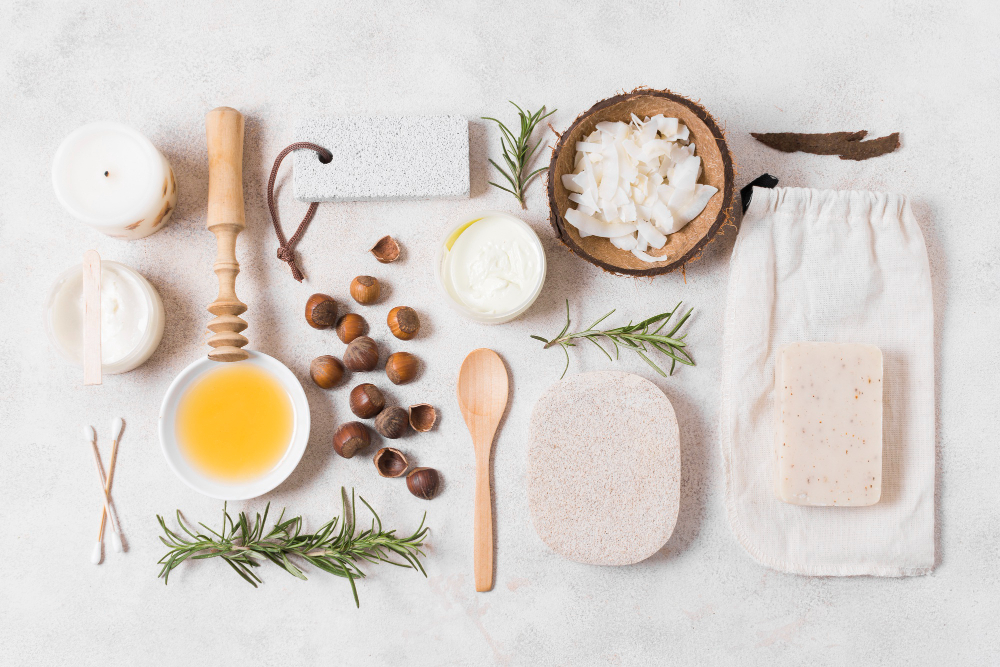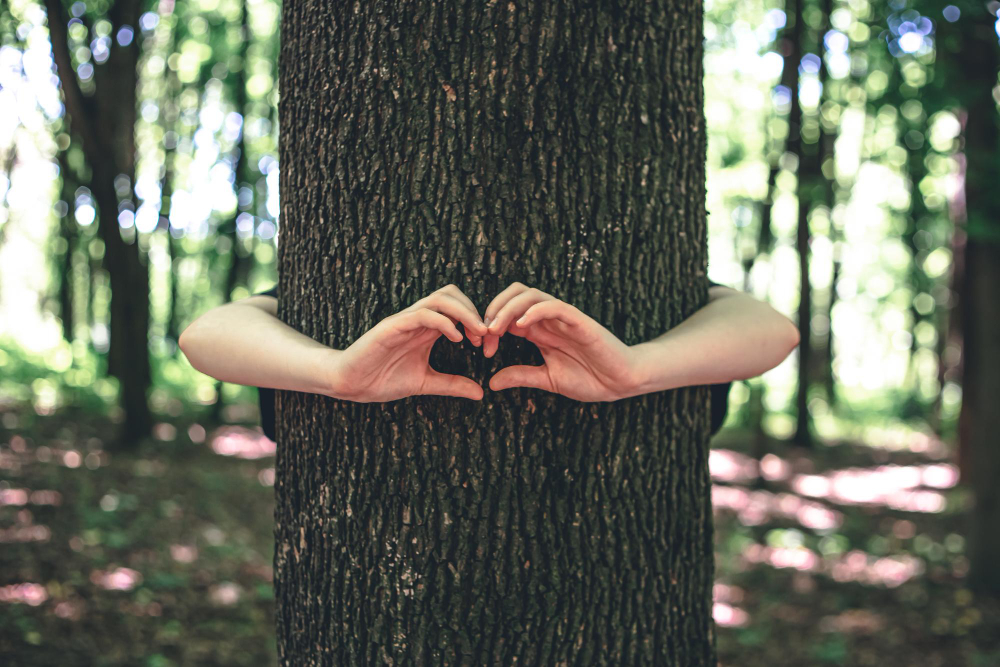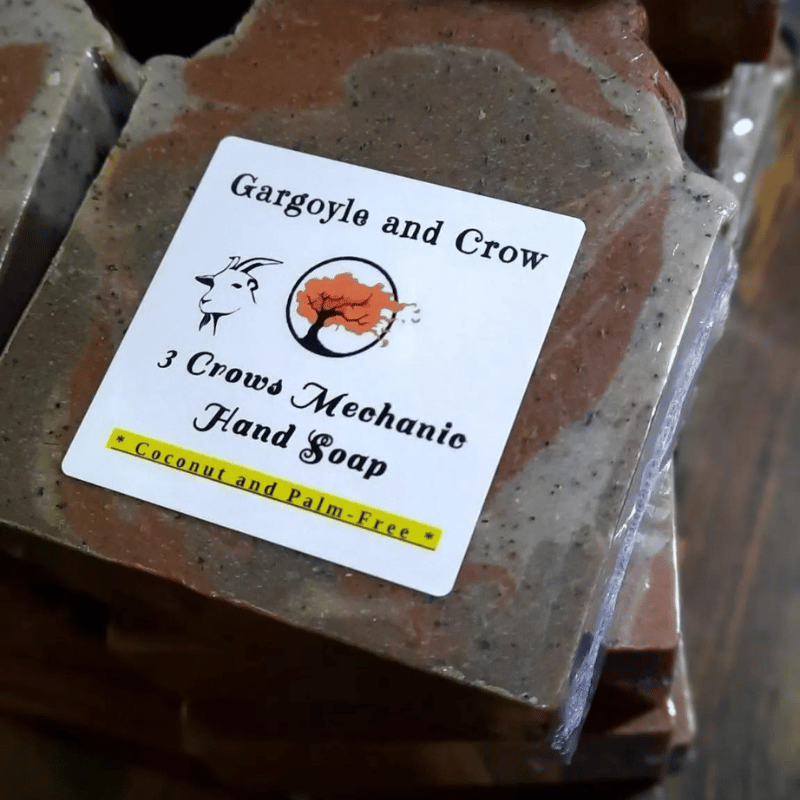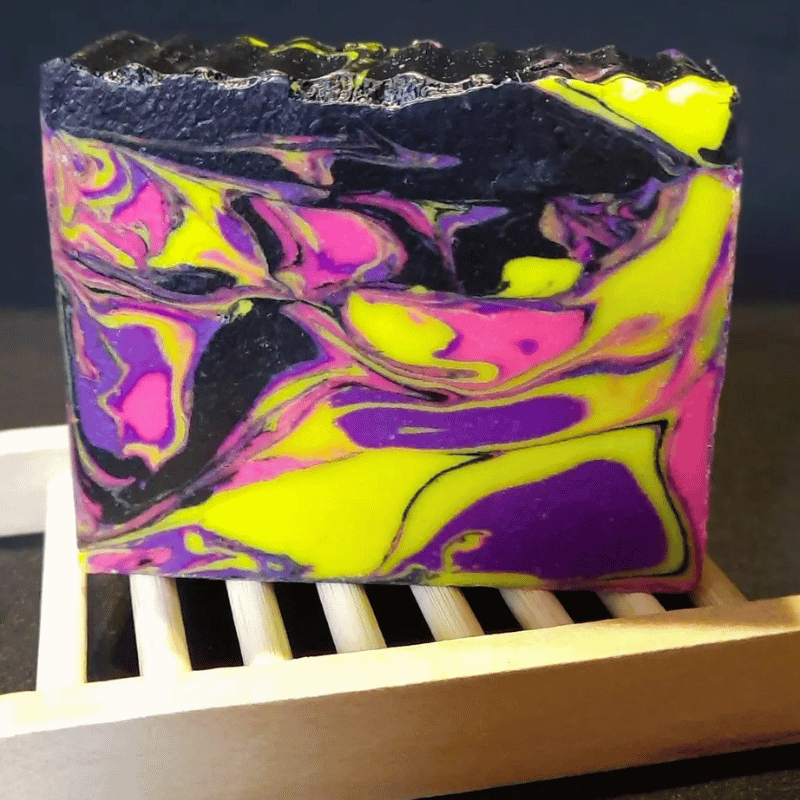Article
Do the ingredients of your products matter?
For every action, there is a reaction. Now, that’s paraphrased a bit; this law states that for every action, there is an equal yet opposite reaction. However, that’s more of a guideline than a law. Every action has a reaction, yet whether it’s equal is subjective and sometimes debatable.
Often, a reaction is not equal; sometimes, it’s over-the-top and has far-reaching consequences. This can be seen in all sorts of things. From renewable resources to health and wellness products, what is often seen as beneficial has unintended consequences.

From electric cars to your personal care products, many of the ingredients in what is touted to improve one area of life on this planet – directly lead to the erosion of well-being in another area.
Let’s take our first example – electric cars. So, this has been declared the solution to many of our climate issues. Just drive electric, and we will reduce greenhouse gases. All we have to do is plug in and go, and the planet's overheating will disappear.
Really, what is the cost of this type of energy? Of course - there is power consumption that must be considered. Think about this - If you must plug in your vehicle before you drive it - you will use more electricity, simple, right? Consider this: there is an 87% chance that the energy you use to charge your car comes from coal, gas, or nuclear power.
That’s right, only 13% of the electricity in the United States comes from renewable sources. Now, that’s not terrible for such a large country. However, it means that when you use more electricity from a non–renewable source, you should ask yourself - what good am I really doing?
The coal, natural gas, and uranium ore must be mined from somewhere. And this mining requires large equipment that cannot feasibly use electricity. So there again, more fossil fuels are being used.
What about the batteries? Yes, we are talking about the lithium-ion batteries used in electric vehicles. They are the latest and greatest technology. They hold charges longer than any vehicle battery previously created, and they have a range that is unmatched. Yet, have you ever thought about the lithium needed to produce this type of battery?
The mining of lithium is at the center of many environmental debates. Open-pit mining inherently destroys habitat. It takes up vast amounts of land and disrupts fragile ecosystems.
Refining the lithium ore also has many sizable risks. It requires massive amounts of water, which can strain local supplies. Lithium ore is also extracted using dangerous chemicals that can contaminate local groundwater, streams, and lakes.
So, as you can see, some actions in the name of helping the environment also cause harm in other aspects of the environment. Where’s the trade-off? Which is better? That comes down to a personal choice and each person doing their research.
How about your personal care products? Do the ingredients in them make a difference? There are now all sorts of craft-made soaps, shampoos, and lotions. Many of these boast about using only natural ingredients. However, as you’ll see, even natural ingredients can have consequences.
Are your natural ingredients environmentally safe?
Browse the internet for a bit, and you will come across hundreds of sites that offer handmade personal care products. These soaps and lotions are undoubtedly made from the point of caring and wanting to fill a need in the market. Yet, what are these natural ingredients they use?
Let’s look at one common ingredient in most “all-natural” soaps and lotions: Palm Oil. Palm oil is a type of vegetable oil that comes from the fruit of the palm tree. It’s not only found in cosmetics. It’s also found in food and used as a biofuel.
Nearly 90% of palm oil is grown in Indonesia and Malaysia. To grow this crop, vast sections of primary rainforest must be removed and palm oil trees planted. The rainforests in this part of the world are some of the most biodiverse areas on the planet.
As the forest is cleared, so are the inhabitants, such as the endangered orangutan. This destroys the fragile biodiversity that is so important to a healthy ecosystem. The numbers are a bit sobering. According to satellite images, between 2002 and 2020, primary forest shrank by:
-
17% in Malaysia
-
10% in Indonesia
That’s quite a loss in such a short amount of time. The plantations where palm oil is harvested and refined contribute significantly to greenhouse gas emissions, and it’s estimated that palm oil farming is responsible for 2% of tree loss worldwide.
Only 20% of global production is certified sustainable. That’s not much; now, think about your personal care products. Odds are that you have one or more products that contain palm oil. Now, what are the chances that the palm oil in your product is sustainable?
Are you starting to see how tricky of a path sustainability is? Palm oil is the most widely used vegetable oil on the planet. This makes demand robust and regulation nearly impossible. However, there is a better alternative, and a small woman-owned company is taking a stand against the harmful effects of the palm oil industry.
Finding ingredients that match your values.
Susan began making soaps for family and friends about six years ago. The more she learned about the ingredients that she used and the effects they could have on people and the environment, the more she changed.
As Susan learned about the terrible deforestation caused by palm oil plantations, she knew she couldn’t continue using it in her soaps. So, she took a stand and made a change. All her bath and body products are proudly Palm oil-free
A main ingredient in her initial batches of soaps was coconut oil. While this is a great oil and very beneficial for most people's skin, some people react to coconut. She started to get more and more requests for coconut oil-free products.
Not wanting anyone to be left out of enjoying her handmade soaps and bath products, she took out coconut oil and began using Babassu oil. This oil comes from the fruit of the Babassu tree. It is native to the rainforests of South America and can be ethically sourced.
Babassu oil has all the same properties as coconut oil, yet it doesn’t cause flare-ups. This oil:
-
Is a natural emollient so it moisturizes skin without a greasy residue.
-
Soothes inflammation with its natural anti-inflammatory properties
-
Has wound healing properties
-
Fights bacteria
-
It is rich in fatty acids that help nourish the skin.
Susan took a stand and created products that aligned well with her values. Her company, Gargoyle and Crow, produces natural soaps and bath products handcrafted with ingredients showing she cares.
Consider these two offerings from Gargoyle and Crow, and consider soap that has thought put into it. Not just the thought of cleaning and moisturizing but the thought of caring for the world we live in.
3 Crows Mechanic Hand Soap
The first complaint about commercial mechanic hand soap is that it dries out your skin. So, with her husband, father-in-law, and two sons being mechanics, she formulated just the soap for hard-working hands.
This soap cleans and leaves your hands smooth and soft using clay to absorb synthetic grease and oils, pumice and coffee for exfoliation, and natural oils for cleansing and moisturizing.
Hand-cut, this soap is generally a large 7.5 to 8-ounce bar that will clean the grimiest hands after a long day.
An Enchanted Grotto Hand and Body Soap.
As the name suggests, it’s safe for hand and full-body use.
Don’t let the colors fool you; this wild-looking bar moisturizes and cleanses with a beautiful fragrance.
All Gargoyle and Crow products are hand-made, and deliver a superb value, just like this online reviewer had to say.
Definitely recommend these products! I've had the pleasure of using several soaps and the foot scrub! You won't be disappointed.
So, if you’re looking for products that have you and the environment in mind, look no further than Gargoyle and Crow, and remember, what you support does matter.
* In partnership with our friends at Gargoyle & Crow LLC.* Photo courtesy of Gargoyle & Crow LLC.
* These statements have not been evaluated by the Food and Drug Administration. These products are not intended to diagnose, treat, cure or prevent any disease.
* The information available on ewellnessmag.com, including text, graphics, and other materials is for informational purposes only. Reliance on any information in ewellnessmag.com is at the user's own risk. Sponsored product placement may appear in the article. The visitor of this website acknowledges that the information available on or through ewellnessmag.com is not and is not intended to be a substitute for professional medical advice. Copyright © 2024 Brawo Press, Inc. All rights reserved.
Share article












You must be logged in to add a comment ... → Log in | Register